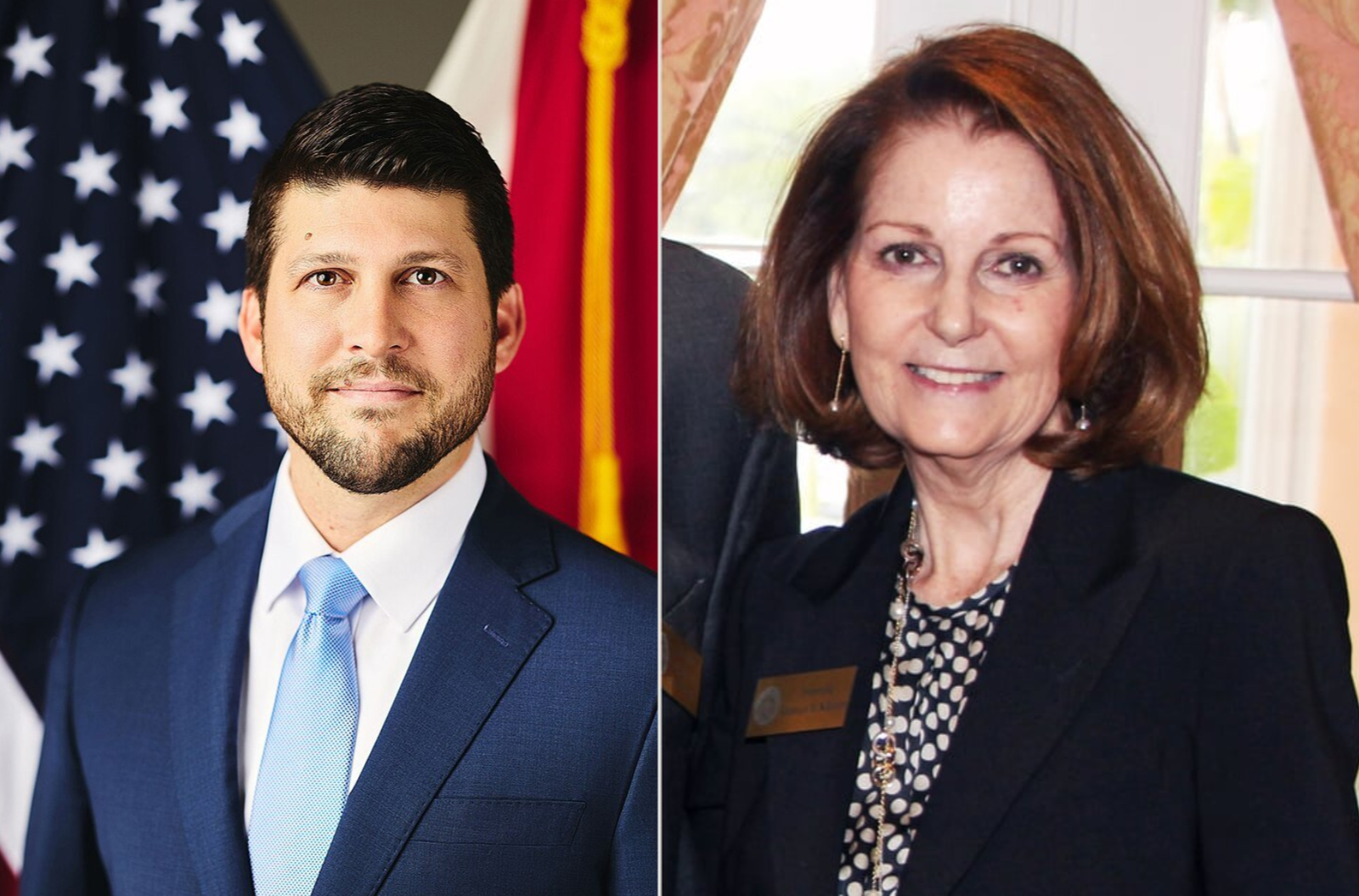
Miami, FL – A federal judge has held Florida Attorney General James Uthmeier in civil contempt of court for failing to comply with a temporary restraining order issued on April 18, 2025. The order, issued by U.S. District Judge Kathleen M. Williams, prohibited the enforcement of Senate Bill 4-C, a Florida law enacted on February 13, 2025, that classifies illegal entry by unauthorized aliens as a first-degree misdemeanor with a mandatory minimum sentence of nine months.
The conflict arose after Uthmeier notified law enforcement agencies on April 18 to refrain from enforcing the law during the court case, but later sent a second letter on April 23 stating that officers were not restrained from enforcing it, as they were not parties to the lawsuit. Judge Williams, appointed to the U.S. District Court for the Southern District of Florida by President Barack Obama in 2011, ruled that this action undermined her order, leading to the contempt finding.
The dispute centers on SB 4-C, part of a broader immigration enforcement package signed by Governor Ron DeSantis, which includes Senate Bill 2-C. SB 2-C allocates over $300 million for enforcement and introduces measures such as making it a third-degree felony for non-U.S. citizens to vote in elections. The laws aim to align state policies with federal immigration priorities under the Trump administration, which began implementing a crackdown on illegal border crossings on its first day in office in January 2025. U.S. Customs and Border Protection reported a 40% increase in border encounters from 2021 to 2024, though encounters dropped to 29,100 in January 2025 from 47,300 the previous month following prior policy changes.
Uthmeier’s office has stated there is no basis for contempt, arguing compliance with the initial order. In response to the ruling, Uthmeier said, “If being held in contempt is what it costs to defend the rule of law and stand firmly behind President Trump’s agenda on illegal immigration, so be it.” The case is expected to be appealed to the 11th Circuit Court of Appeals, with potential implications for state-federal jurisdiction over immigration enforcement.



